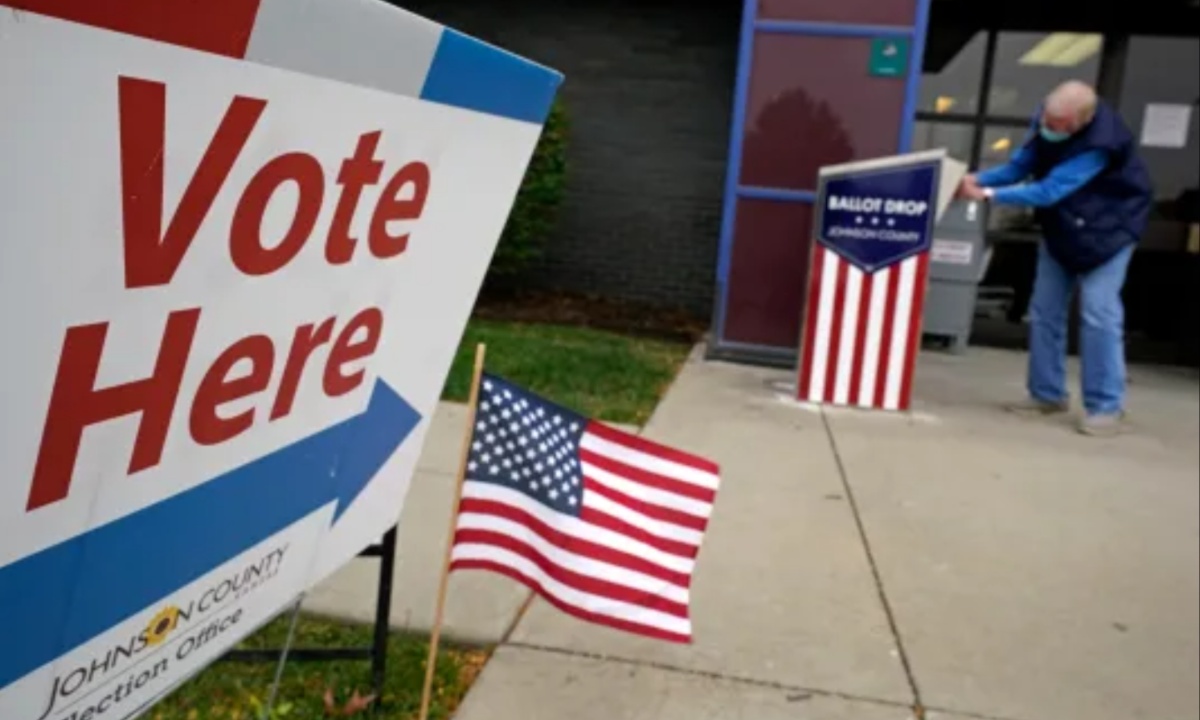In a recent report by Microsoft, it was revealed that Iranian government-linked hackers have been investigating election-related websites across several key U.S. swing states. This activity, which occurred in April but was only discovered recently, seems aimed at identifying vulnerabilities that could be exploited to influence the upcoming presidential election.
Federal agencies are closely monitoring these developments, with particular attention given to the hackers’ reconnaissance efforts, which also included major U.S. media outlets in May. Such actions highlight a significant concern regarding foreign interference in the electoral process.
U.S. intelligence agencies assess that Iran’s intentions during the 2024 election include fostering discord through hacking activities, particularly targeting the campaign of former President Donald Trump and promoting protests against U.S. policies related to Israel.

Iranian Hackers Linked to Government Probe U.S. Swing State Websites Ahead of 2024 Election
Analysts from Microsoft have identified the Iranian hacking group, known as Cotton Sandstorm, as being linked to Iran’s Islamic Revolutionary Guard Corps. They anticipate an increase in activity from this group as the election approaches, raising alarms about the potential for interference similar to past elections.
Although the probing of election-related websites has been documented, officials stress that there is currently no evidence of actual hacking attempts. The reconnaissance conducted does not pose an immediate threat to election integrity, which is protected by various safeguards.
Nevertheless, U.S. officials and analysts express concern that this type of reconnaissance could lead to increased anxiety among voters, especially if hackers were to leak publicly accessible voter registration data, creating the illusion of access to more sensitive election information.
In response to the allegations, the Iranian Permanent Mission to the United Nations has denied any involvement in U.S. electoral matters, asserting that such claims are unfounded and dismissing them as attempts to undermine their credibility.
This denial comes on the heels of reports that U.S. intelligence agencies are scrutinizing Russian operatives for their role in spreading disinformation targeting Democratic candidates, a situation that raises further concerns about the potential for foreign influence in the lead-up to the election.
While there is no coordinated effort by China to directly influence the presidential election, intelligence reports indicate that Chinese operatives have been active in targeting various congressional races with covert social media campaigns.
Experts, including Chris Krebs, former head of the federal Cybersecurity and Infrastructure Security Agency, caution that voters should prepare for a turbulent information environment in the months leading up to the election. Krebs notes that while these information operations can be a nuisance, they are unlikely to fundamentally alter the electoral outcome, urging voters to remain vigilant amid the anticipated chaos.
